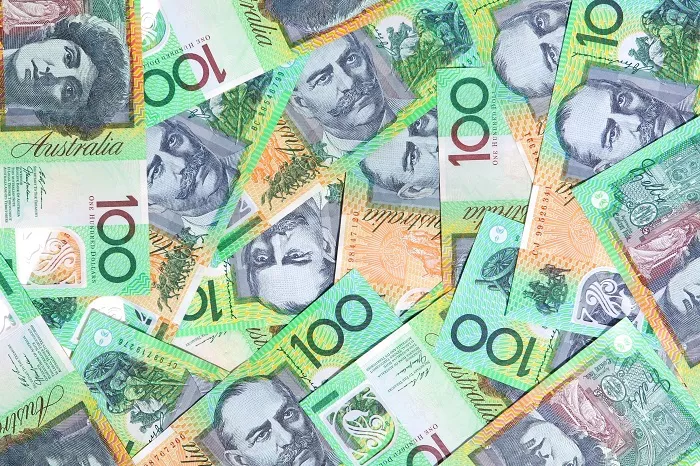The Australian Dollar (AUD) has held steady on Thursday following three consecutive days of gains against the US Dollar (USD). The AUD/USD pair found modest support as the AUD strengthened slightly in response to Australia’s Employment report for December.
According to the Australian Bureau of Statistics (ABS), employment increased by 56.3K in December, significantly surpassing market expectations of 15.0K and up from 28.2K in November (revised from 35.6K). However, the Unemployment Rate rose slightly to 4.0% in December, from 3.9% in November, aligning with market forecasts.
Bjorn Jarvis, the head of labor statistics at ABS, provided key insights, noting that the employment-to-population ratio rose to a new record of 64.5%, a 0.5 percentage point increase from a year ago and 2.3 percentage points above pre-COVID-19 levels. The increase in both employment and unemployment led to a rise in the participation rate, which indicates the proportion of the population either employed or actively seeking work.
Meanwhile, global sentiment has been positive following discussions within US President-elect Donald Trump’s economic team about the potential for a gradual increase in import tariffs. This has fueled optimism in risk-sensitive assets like the AUD and supported the AUD/JPY pair. The US Dollar Index (DXY), which measures the US Dollar’s performance against six major currencies, remains near 109.00, with the Greenback under pressure due to softer-than-expected US inflation data.
US Economic Data: CPI, PPI, and Federal Reserve Outlook
The US Consumer Price Index (CPI) increased by 2.9% year-over-year in December, up from 2.7% in November, matching market expectations. On a monthly basis, CPI rose by 0.4%, following a 0.3% increase in November. Core CPI, excluding food and energy prices, rose 3.2% annually, slightly below the 3.3% forecast and November’s figure. On a monthly basis, core CPI edged up 0.2%.
The US Producer Price Index (PPI) rose 0.2% month-over-month in December, softer than the expected 0.3% increase. Year-over-year, the PPI climbed 3.3%, down from 3.4% in November but still the highest since February 2023.
The Federal Reserve’s latest Beige Book survey indicated moderate economic growth across the twelve Federal Reserve Districts, with consumer spending showing moderate growth, driven by strong holiday sales. However, manufacturing activity saw a slight decline, with some manufacturers stockpiling inventories in anticipation of higher tariffs. This data reinforces expectations that the Federal Reserve may opt for a slower pace of rate cuts in 2025 than many market participants had previously anticipated.
Market Focus on Interest Rates and Consumer Sentiment in Australia
In Australia, the Westpac Consumer Confidence Index dropped by 0.7% to 92.1 points, reflecting ongoing consumer pessimism. This decline has sparked concerns about the outlook for interest rates and Australia’s broader economic health. Markets are now pricing in a 67% likelihood that the Reserve Bank of Australia (RBA) will lower its cash rate of 4.35% by 25 basis points in February, with a full rate cut expected by April.
China’s Currency Support Measures
In the broader context, the China Foreign Exchange Committee (CFXC) pledged to support the Chinese Yuan during a meeting in Beijing, under the guidance of the People’s Bank of China (PBOC). The PBOC and the State Administration of Foreign Exchange (SAFE) announced an increase in the macro-prudential adjustment parameter for cross-border financing from 1.5 to 1.75, effective January 13, 2025. PBOC Governor Pan Gongsheng reaffirmed China’s commitment to maintaining ample liquidity and stated that interest rate and reserve requirement ratio (RRR) tools would be utilized as needed to support economic stability.
China’s fiscal policies are also expected to continue fueling global growth, with China projected to remain a significant driver of the global economy. These moves come as China seeks to manage its currency and economic outlook in the face of ongoing global challenges.
Related topics:
Indian Rupee Faces Pressure Amid Strong USD and Slowing Economic Growth
BNB Price Faces Bearish Pressure Amid Weak Market Signals
Japanese Yen Strengthens Amid Strong Wage Data, But Market Uncertainty Caps Gains


